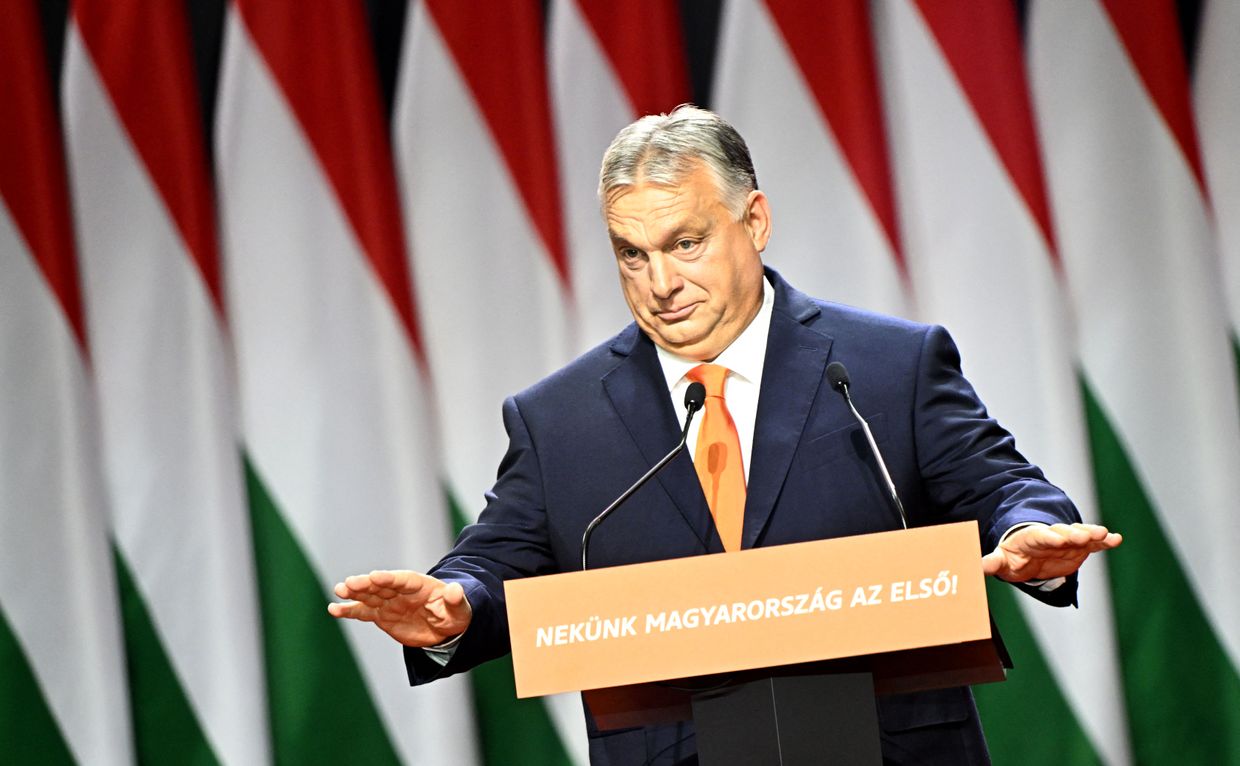Slovak FM: Slovakia ready to support launch of Ukraine EU accession talks

Having assessed the progress of Ukraine's reforms, Slovakia is "ready to support the opening of accession negotiations," Slovak Foreign Minister Juraj Blanar said in Brussels on Dec. 12.
The statement comes days before a European Council summit on Dec. 14, where Hungary is expected to try to block the launch of Ukraine's EU membership talks. Slovak Prime Minister Robert Fico is an ally of Hungarian Prime Minister Viktor Orban.
The European Commission published its official recommendation on Nov. 8 that Ukraine was ready for talks to begin.
According to Blanar, Ukraine still has a "long and thorny road ahead, so that all the necessary measures are not only adopted, but also implemented."
Peace and rebuilding of Ukraine should bring the country closer to the EU, Blanar said.
Ukraine's Foreign Minister Dmytro Kuleba described Blanar's statement as a positive signal from Slovakia.
Kuleba, who was speaking on air on the afternoon of Dec. 12, said that he believes Hungary does not want to block Ukraine's EU membership, but wants a "slower accession process and a more careful study of the consequences of this accession."
"There is not a single EU country that does not want to see Ukraine as part of the European Union," Kuleba said.
Kuleba said that on top of the positive signal from Slovakia, he had received a "cautious signal" from Hungary following his meeting with his Hungarian counterpart Peter Szijjarto on Dec. 11. "Everything will be decided at the last minute," Kuleba said.
Ukrainian and Western leaders and officials are seeking to sway Budapest away from blocking the start of Ukraine's membership talks.
Following their meeting, Hungarian Foreign Minister Szijjarto claimed that Hungary's position was unchanged.
Szijjarto and Kuleba's meeting on Dec. 11 was the first time the two met in person since the start of the full-scale invasion. Szijjarto has visited Russia five times since February 2022.














